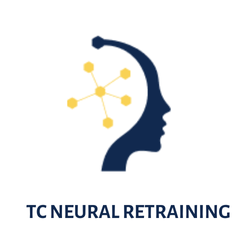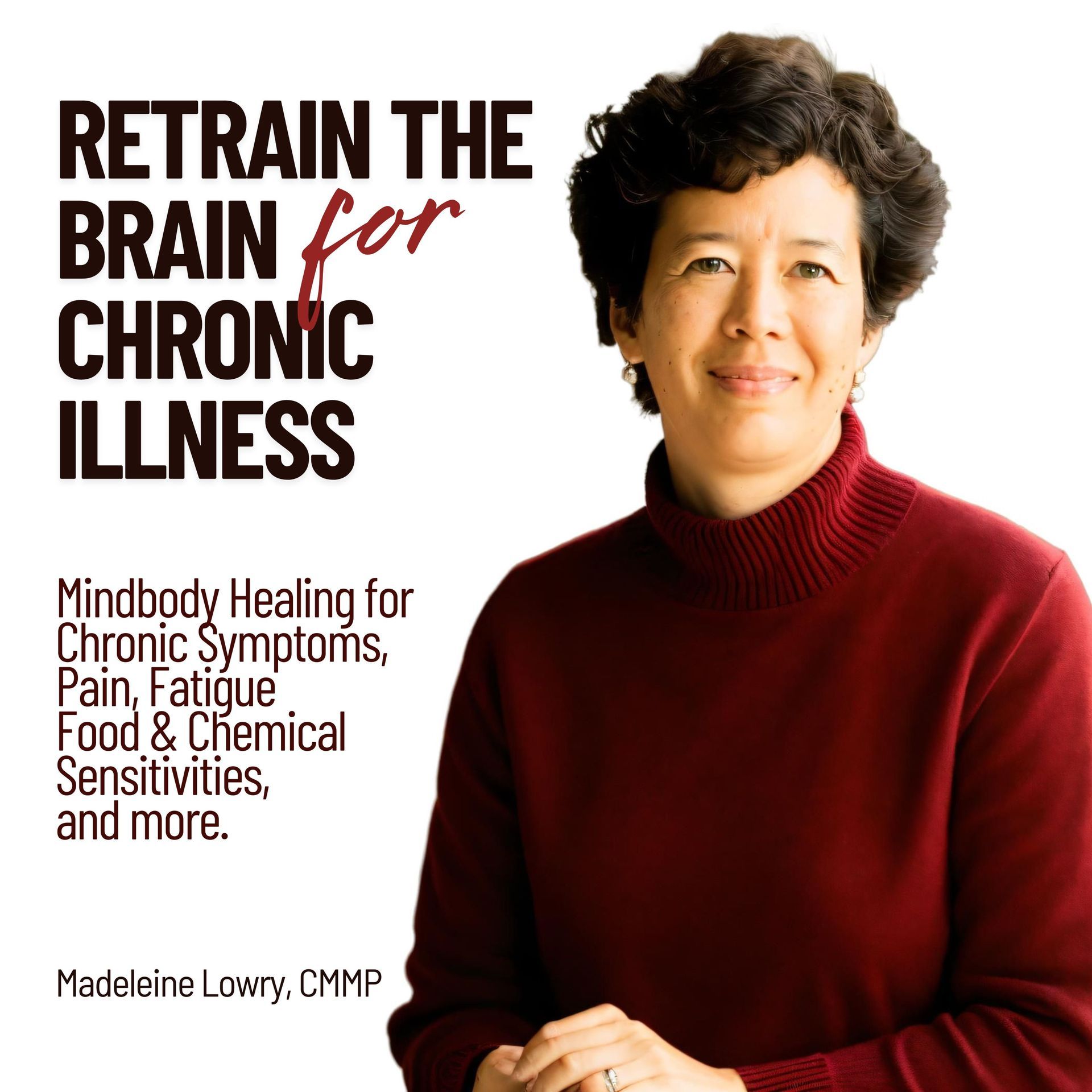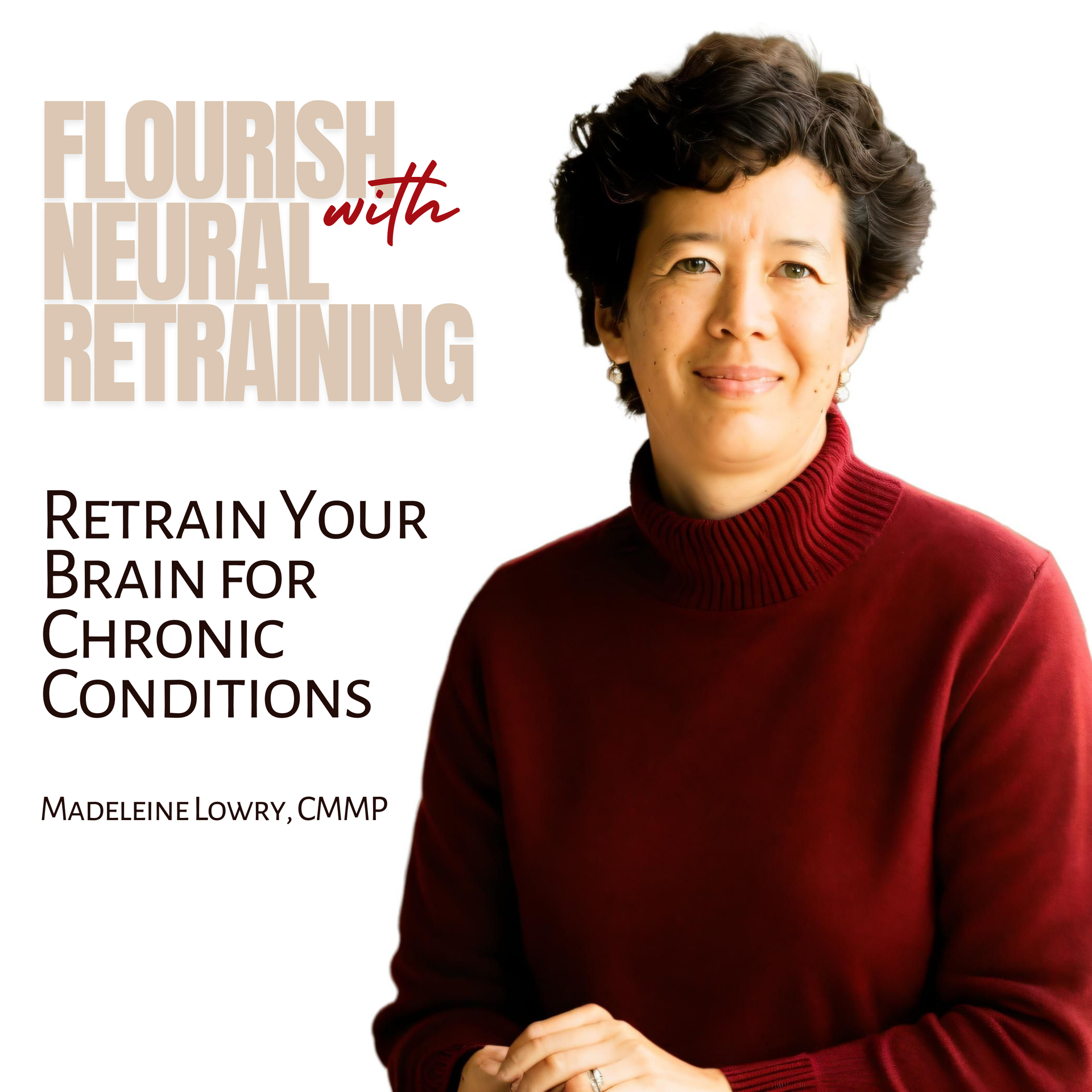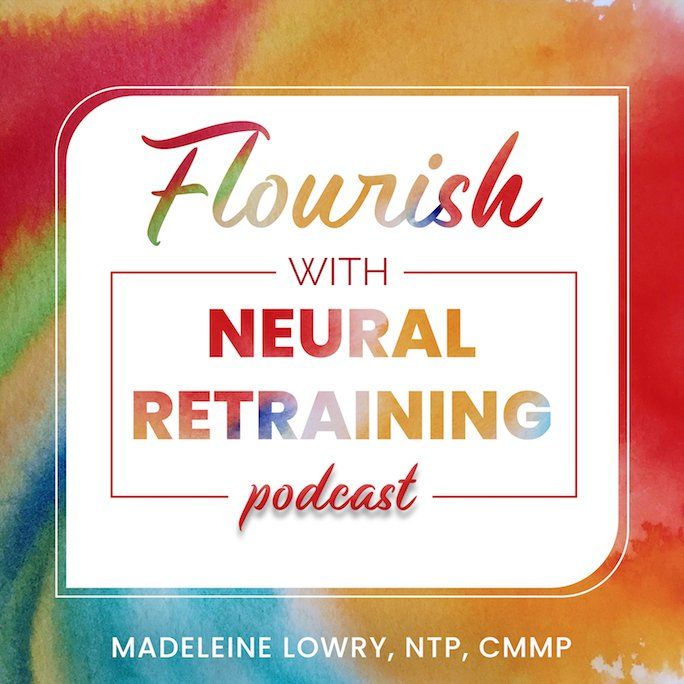How Do Personality Traits Lead to Chronic Illness?
Learn how repressive personality traits play a role in engendering chronic illness, and what you can do about it.

Could Personality Influence Disease?
Let's take one of the most challenging diagnoses with indisputable physiological changes: cancer. Could something as black and white as cancer be associated with a certain type of personality?
In his book, When the Body Says No, Gabor Maté, MD describes a 10-year study done in the former Yugoslavia exploring psychological risk factors for mortality involving 1,000 residents of a town chosen for its high mortality rate and stable population. Over the 10 years, 600 of the study participants died. Of those that died of cancer, the single personality trait correlated was repression of anger as measured by scores on an 11 question assessment. In fact, cancer incidence was 40 times higher in those that scored highest (10 or 11). Interestingly, they also found that smokers had no incidence of lung cancer unless they also had high scores for anger repression.
Could there be a cancer personality type? It's well accepted that Type-A personalities are more susceptible to heart disease. What kind of personality is more susceptible to cancer?
Clinical psychologist, Lydia Temoshok, has found in her work that 75% of cancer patients have certain traits which she describes in her book, The Type-C Connection: they are self-sacrificing, not given to anger, unassertive, and have excessive people-pleasing tendencies.
In Getting Well Again, Carl Simonton, MD describes the principles based on his work with hundreds of cancer patients in his Cancer Counseling Clinic: "It is our central premise that an illness is not purely a physical problem but rather a problem of the whole person, that it includes not only body, but mind and emotions. We believe that emotional and mental states play a significant role both in susceptibility to disease, including cancer, and in recovery from all disease."
Why would personality traits predispose illness?
Let's think about this another way. What is personality? Is it not the emotional, mental and behavioral patterns of response to certain situations? And would this not include stressful situations? So, is it sensible to think that our habits of response to stress, based on our personality traits, have an influence on our state of physical health?
Does this suggest that it is not stress itself, but our ability to cope with stress that predisposes us to illness? And for those with less adaptive ways of coping, including repressive personality traits, can stress more easily lead to disease?
In their paper, Life Change and Illness Susceptibility, researchers Holmes and Masuda state: "...the activity of coping can lower resistance to disease, particularly when one's coping techniques are faulty. This approach to illness is a lesson in human finitude...we have only so much energy, no more. When life is too [stressful] and when coping mechanisms fail, illness is the unhappy result."
We know that chronic stress suppresses immune function and leads to hormonal imbalances, poor detoxification, poor nutrient uptake, poor wound healing, imbalances in the microbiome and more. Is this not a setup for illness?
Put simply, when you are in a stress response, you are not healing. You are not even maintaining. In the normal course of life we are all subject to infections, toxins, injuries, the formation of pre-cancerous cells, etc. Could high levels of stress combined with poor coping mechanisms for diffusing stress lead to weaknesses in our healing systems, especially immune function, that allow chronic health conditions, like cancer to become established?
What is the role of trauma?
Early life experiences shape the personality, and our habitual responses to stress. Traumatic events, or painful emotional experiences, have the most impact.
What kinds of trauma? This varies, and it's important to remember that for sensitive people lesser traumas can still be significant. It is instructive to look at the Adverse Childhood Experiences (ACEs) survey developed by the Centers for Disease Control and Kaiser Permanente. This study of over 17,000 people showed that those with a score of 4 or more had a high correlation to mental health problems, chronic illness, addictions, and early death.
Here is an abbreviated version of their assessment--though you can take the official survey here . You receive one point for every "yes" response:
Had you experienced any of the following before the age of 18?
- A parent or adult that verbally abused you or made you feel physically threatened?
- A parent or adult in the household that pushed, grabbed, slapped or hit you in a way that left physical marks?
- Someone older touched you in a sexual way or tried to have intercourse with you?
- Felt that no one at home loved you or supported you emotionally?
- You didn't have enough to eat, wear, or felt unprotected or uncared for?
- Separated from a parent because of divorce, abandonment or another reason?
- Witnessed your mother or stepmother subjected to physical abuse or violence?
- Anyone in the home that was alcoholic, or addicted?
- Any member of the household mentally ill or attempted suicide?
- Did someone in your household go to prison?
This is certainly not an exhaustive list, nor does it distinguish between people who endured one bad episode versus a repeated or prolonged experience. But as an indication of early life trauma, it's a good first step.
Early life traumas change your response to stress; they change how your nervous system works. The normal stress response is "Fight or Flight" but when we cannot fight or flee, as in childhood, we go to a "Freeze" state. In the freeze state, we may dissociate and, in effect, the normal adaptive stress response is replaced with a kind of learned helplessness.
Early life traumas lead to emotional repression because what we learn at that tender age is that to stay safe we have to suppress our own emotions and needs in the service of others. We learn to take care of other people's needs as a coping mechanism in order to keep the peace, and minimize the chaos that leads to abuse, violence, terror, or stress. This leads to people-pleasing, care-taking, peace-making, perfectionism, compulsions, and other inherently stressful personality traits.
How can Mindbody healing methods help?
Mindbody healing through an advanced method of neural retraining, like the MAP Method, can change the thinking and behavioral patterns associated with trauma. These patterns are like programs that run in the subconscious mind. By neutralizing the emotional intensity of the trauma memories that led to these patterns, we can de-prioritize the programming associated with our old coping mechanisms, and promote more productive responses to stress.
The MAP Method is an advanced method of neural retraining that can be done at a distance, usually over Zoom videoconference. It is the latest energy psychology technique that builds on modalities from the 1980s and 90s such as Eye Movement Desensitization and Reprocessing (EMDR) and Emotional Freedom Technique (EFT).
As the next generation of these methods, it is gentler, faster and doesn't require bilateral stimulation or tapping on acupressure points. The brain takes care of all of that itself, quickly and efficiently. With the MAP Method we utilize the brain's natural ability to heal itself by harnessing the power of the subconscious mind.
Each MAP session is organized around a specific topic. The client is prompted to focus on a specific memory or sensation while in a relaxed meditative state. As the practitioner begins to offer verbal instructions to the client's subconscious, the mind begins to reveal its programming through images, feelings, words, memories, and sensations.
After a few minutes, the client describes what came up in their mind, and another round of instructions is given based on that feedback. This continues until the emotional intensity of the memory is greatly reduced or neutralized. The process is gentle and very easy, yet the results are often quite powerful.
It's important to note that the client's subconscious mind is in control of the session, and sets a safe pace. The rewiring happens in the session, therefore there's no need to practice scripts or affirmations. Progress is very individual, but it generally takes about 4-6 sessions to begin to see improvements on a physical level, though emotional and mental shifts are usually noted within the first 3 sessions. Individuals with a significant trauma history or who are very sensitive can expect the process to take somewhat longer.
Learn More
- Learn more about the MAP Method of advanced neural retraining.
- Take the Quiz to understand the link between your traumas, personality traits and physical health issues.
- Try a free course about MAP or see all the MAP Programs.
- Hear our Flourish with Neural Retraining podcast episode: MAP for Cancer - Kathy's story.


Madeleine Lowry, NTP, CMMP
Certfied MAP Method Practitioner
Madeleine specializes in neural retraining for chronic conditions. As a Nutritional Therapy Practitioner, she worked with many clients who were interested in eliminating allergies, sensitivities and intolerances. After learning a basic method and seeing its limitations, she trained in an advanced method of retraining the brain and now offers MAP sessions over Zoom and online self-paced programs for Anxiety/Depression, Sensitivities, Chronic Pain, Self-Healing, and COVID Long.
Related Posts





